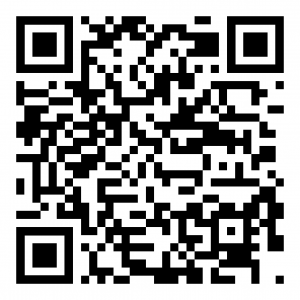Randomised Pilot Control Trial for Reducing Anxiety Problems among Children indicated to have Developmental Language Disorder (RAP-iDLD)
Project ID: RP 2/21 SG
Subject area: Language, Social and emotional development, Mental health
Principal Investigator: Dr Shaun Goh
Email: shaun.goh@nie.edu.sg
About the project
This study aims to pilot a world-first intervention, a mental health intervention augmented for children indicated with developmental language disorder (DLD). It serves as a proof-of-concept of how existing observational studies on these topics at the Centre for Research in Child Development (c.f. Tran-Sen; Gibber) can be translated into interventions. Mental health problems here are defined as anxiety type problems of social anxiety, specific phobia, separation anxiety and generalised anxiety. DLD is defined as a marked difficulty in oral language in the absence of biomedical causes (Bishop et al., 2017). This randomised pilot answers three uncertainties in preparation for a future definitive randomised control trial (RCT). These uncertainties are elaborated as three research questions as follows Children with developmental language disorder (DLD) are at elevated risk of emotional problems such as anxiety, estimated as one of top 5 causes of years of healthy living lost to disease across Singapore. However, no intervention designed to reduce anxiety among DLD children currently exists.
Specific Aims: To pilot a world-first intervention of an anxiety intervention adapted for children indicated with DLD. This pilot answers three uncertainties for a future randomised control trial (RCT), namely (1) Is the proposed intervention’s efficacy sufficient (2) Are the proposed methods of recruitment sufficient (3) Are the proposed measures of evaluation sufficient
Hypotheses: (1) Piloted intervention is sufficient for definitive RCT as 90% confidence intervals contain expected improvement versus treatment-as-usual (2) Piloted recruitment methods are sufficient for definitive RCT as recruitment rate is >4/month, dropout rate<25%. (3) Piloted measures are sufficient for definitive RCT as rates of unuseable data are <20% and reliability alpha >.70.
Methodology: A randomised two-arm pilot with active intervention (n = 21) and treatment-as-usual (n = 21) with between-group comparison on structured interview of anxiety by clinically-trained staff. Primary School children (age 7-12) in Singapore with a diagnosis indicative of DLD and assessed on a structured interview to have symptoms of anxiety will be recruited. Children in the active intervention receive a 8-session cognitive-behavioural intervention, while those in treatment-as-usual will be referred back to services to continue receiving standard help from those services.
Approach: The intervention is a cognitive behavioural intervention, which is known to be efficacious and recommended by the Ministry of Health for Anxiety problems (Lim et al, 2015). Significance: Translates ongoing observational studies of DLD and mental health (e.g. Gibber, Tran-Sen) into intervention. For the first time in the world a cognitive-behavioural intervention is adapted to help DLD children suffering from problems of anxiety.
Looking for
|
What will be expected of you
|
Other note(s)
Parents can sign-up for the study by filling out a pre-screening survey or by scanning this QR code: |



